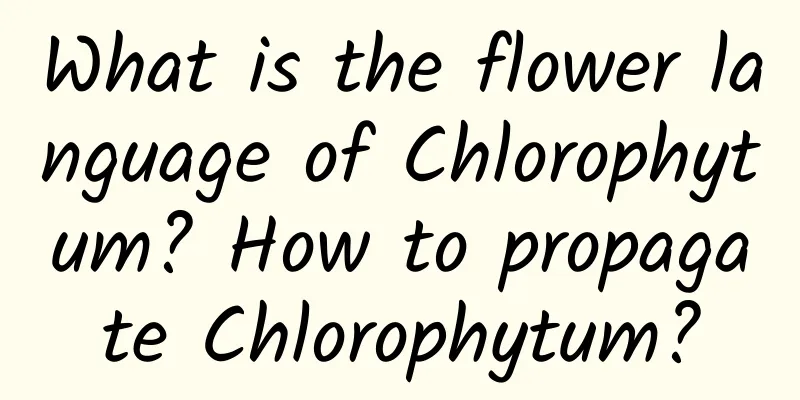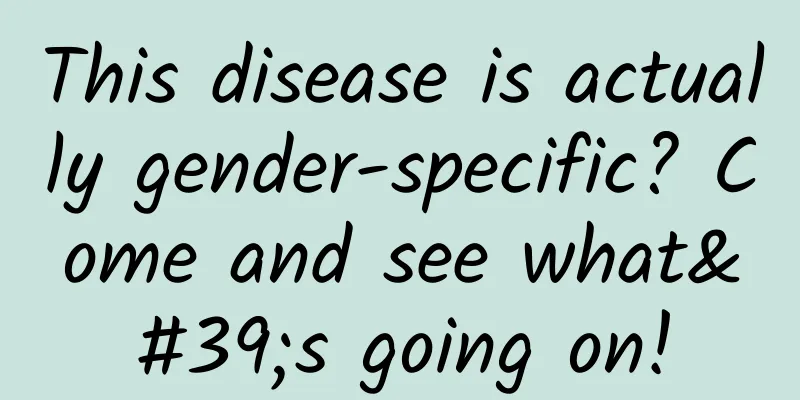How to treat milk-reducing mastitis

|
The most common and easiest problem for many new mothers during breastfeeding is breast disease, the most widespread of which is weaning mastitis, which mainly occurs after weaning. Because new mothers are very likely to have breast swelling after weaning, the chance of developing milk-returning mastitis is very high. So how to treat milk-reducing mastitis? Mastitis is a common disease among primiparas. In mild cases, the mother cannot breastfeed the baby normally, while in severe cases, surgical treatment is required. The symptoms of mastitis after weaning are: red, swollen, and painful breasts, accompanied by a feeling of fullness. If this happens, it is suspected that it is caused by breast inflammation. How to treat milk-reducing mastitis? Experts recommend using hot compresses or massage as treatment methods. Hot compress therapy: Apply local hot compress, or wash 60 grams each of fresh dandelion and honeysuckle leaves, add a little vinegar or wine, and mash them for external application. Support your breasts with wide bands or a bra. Massage therapy: Manual massage: Wash your hands and trim your nails before the operation. The patient should lie flat on his back and apply lubricating oil (olive oil can be used). Gently pull the nipple several times. Hold up the breast with one hand, separate the thumb and the other four fingers of the other hand, bend the five fingers, and push the thumb tip in a spiral from the base of the nipple along the direction of the milk duct toward the areola. Use the index finger of the other hand to cooperate with the areola on the opposite side to help the milk discharge. Note that the thumb is pushing forward, not pressing down. Be gentle with your hands to avoid touching the breasts which may increase pain. Depending on the condition, 1-3 times a day, 30 minutes each time, 15 minutes on each side. How to stop breastfeeding and avoid mastitis It is recommended to use the gradual weaning method. Don't wean your baby off breastfeeding all at once. Rather, do it step by step, from five or six meals to three or four meals, and then from three or four meals to one or two meals, and finally from one or two meals to directly stop night feedings. In the process, your milk will gradually disappear and your baby will get used to it. This way you won’t easily get mastitis due to excessive swelling. All new mothers who suffer from mastitis after weaning will experience obvious changes in their breasts, which will greatly affect their mood, and their daily work and life will also be affected. As for how to treat weaning mastitis, we also learned that hot compress therapy or massage therapy can be used. It is also recommended that new mothers wean gradually and not completely wean directly, as doing so is most likely to cause weaning mastitis. |
<<: What are the symptoms of high prolactin
>>: Causes of yellow discharge
Recommend
Can skipping rope prevent ectopic pregnancy?
Rope skipping is a really good sport. Many people...
Women develop five good habits to stay away from breast cancer
The fundamental reason why exercise can prevent b...
Is presbyopia the same as cataract? How to relieve cataract and low vision?
Cataracts, like presbyopia, are common in the eld...
App Annie: Global mobile app downloads and revenue rankings in August 2018
⬇️ Global iOS + Google Play combined download ran...
How to tell if you are pregnant from your pulse
During pregnancy, you usually go to the hospital ...
Digging up the roots | The latest research proves that "eating lard may be beneficial to cardiovascular health in the elderly"? Scientific data cannot be interpreted in this way
gossip "Which is healthier, vegetable oil or...
What to eat during lactation to get high nutritional value
Breastfeeding mothers hope to maintain sufficient...
What are the possible reasons for recurring lochia?
Some women will experience persistent lochia afte...
What are the benefits and effects of moxibustion on the waist for women? Why is there a lot of water on the waist when women have moxibustion?
Moxibustion, made of wormwood leaves, has the eff...
What should girls do if their menstrual period is long?
Seven days a month is already an unbearable limit...
"Aimeiyi" prevention and treatment knowledge series - AIDS
AIDS, the full name of which is "Acquired Im...
How many months does the fetus enter the pelvis? What are the differences between pregnant women and pregnant women after the fetus enters the pelvis?
We all know that after a woman becomes pregnant, ...
When is the best time for women to get an IUD?
"IUD insertion" is a method of long-ter...
Can I have sex when I'm 8 months pregnant?
Can you have sex when you are eight months pregna...









